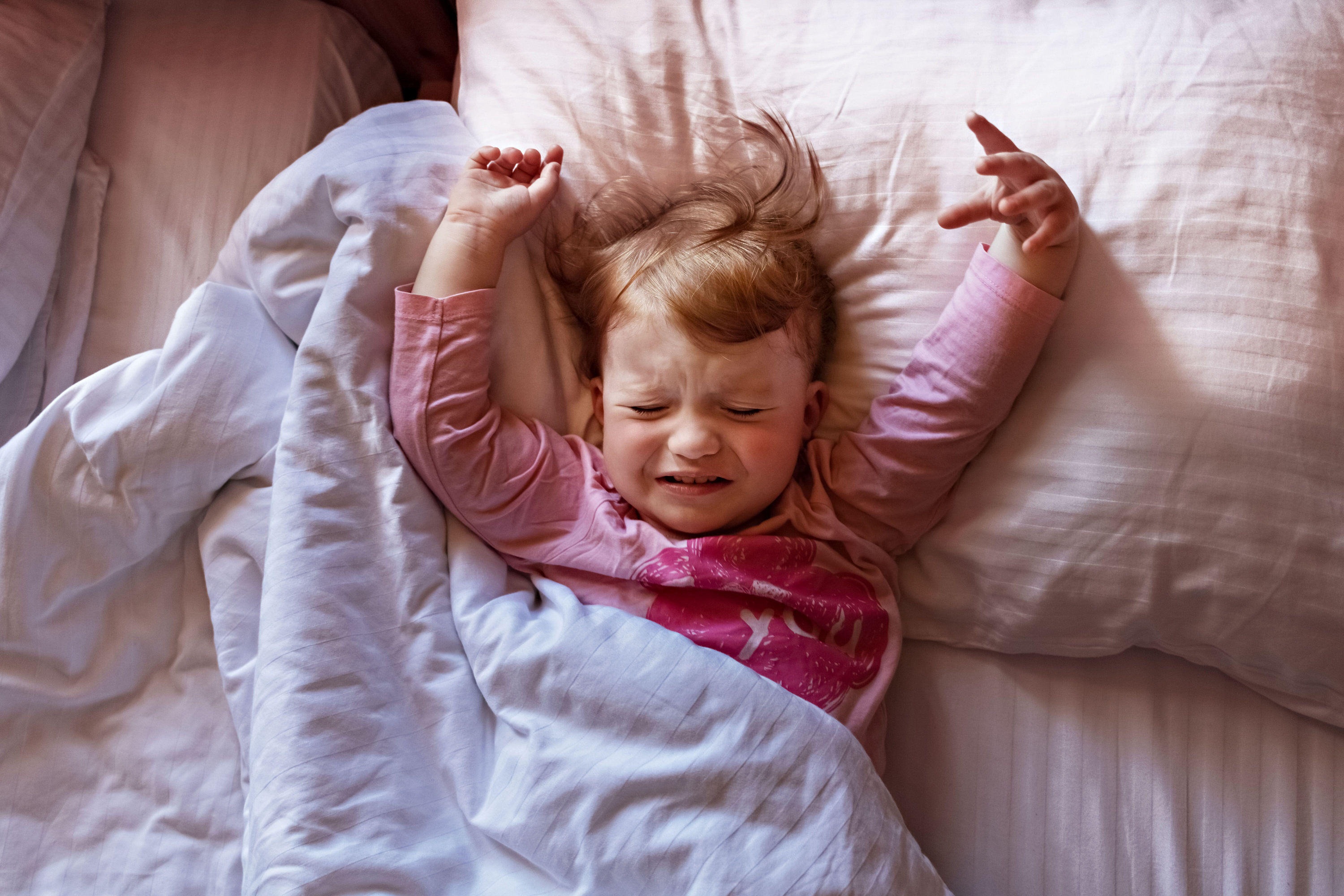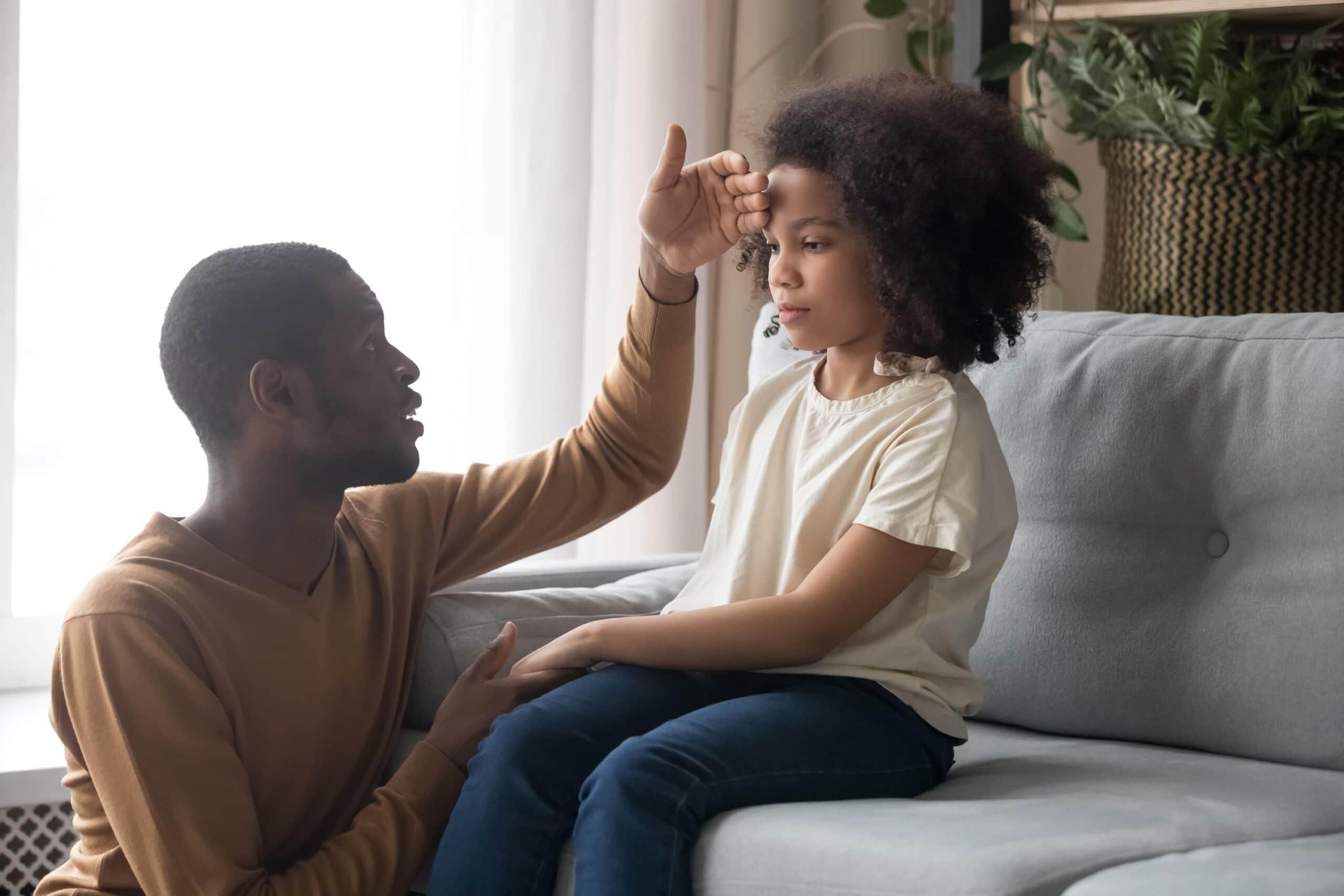Although children are less likely to be seriously ill with Covid-19, it’s becoming more and more clear that some are suffering long-term after effects from the virus.
ONS data suggests 7.4% of children aged two to 11 and 8.2% aged 12-16 report continued symptoms, and now the NHS is launching long covid services for children and young people through 15 paediatric hubs around the UK.
The support group Long Covid Kids (longcovidkids.org) says symptoms in children are wide-ranging and can include loss of appetite, eye pain, nose bleeds, neck aches, headaches, brain fog, coughing, joint pain, rashes, allergies, tummy ache, itchiness, cold hands and feet, and insomnia.
And research from the Gemelli University Hospital in Rome into long covid in children found more than half of children aged between six and 16 years old who got the virus had at least one symptom lasting more than 120 days. More research does need to be done.
Long Covid Kids says: “The long-lasting symptoms of covid are only just being recognised in children. You don’t have to feel alone, there is support for you and lessons we have learnt can be heeded, to make your journey through this tough time easier.”
So what can you do if you’re worried your child’s dealing with long covid?
Go back to your doctor
Don’t be afraid to keep taking your child back to the doctor if you’re worried about continuing symptoms. And if you feel it’s necessary, ask for a second opinion. Your child’s health is far more important than any worries you might have about annoying the doctors.
Record symptoms
Try to write any possible symptoms down, as this could help your doctor. Long Covid Kids says children with the condition often have clusters of symptoms that come and go, and may sometimes have a flare-up of old symptoms after a potential new coronavirus exposure.
Just because they had no coronavirus symptoms doesn’t mean they haven’t got long covid
Long Covid Kids says children can be asymptomatic for coronavirus and yet still show long covid symptoms later.
Encourage your child to rest
If your child does have long covid, they are very likely to be tired a lot, so encourage them to get as much rest as possible.

Don’t send them back to school too quickly
It’s understandable that parents want children to get back to the classroom after schools have been closed so much over the past year, but your child’s health’s the most important thing and if they’re showing long covid symptoms, they may be better off staying at home. Your school should be happy to send work home for them to do.
Be understanding
Children may start to behave differently if they’ve got long covid. Bear this in mind when you’re disciplining your child – Long Covid Kids says behaviour changes are sometimes seen in children with long covid before symptoms even appear.





